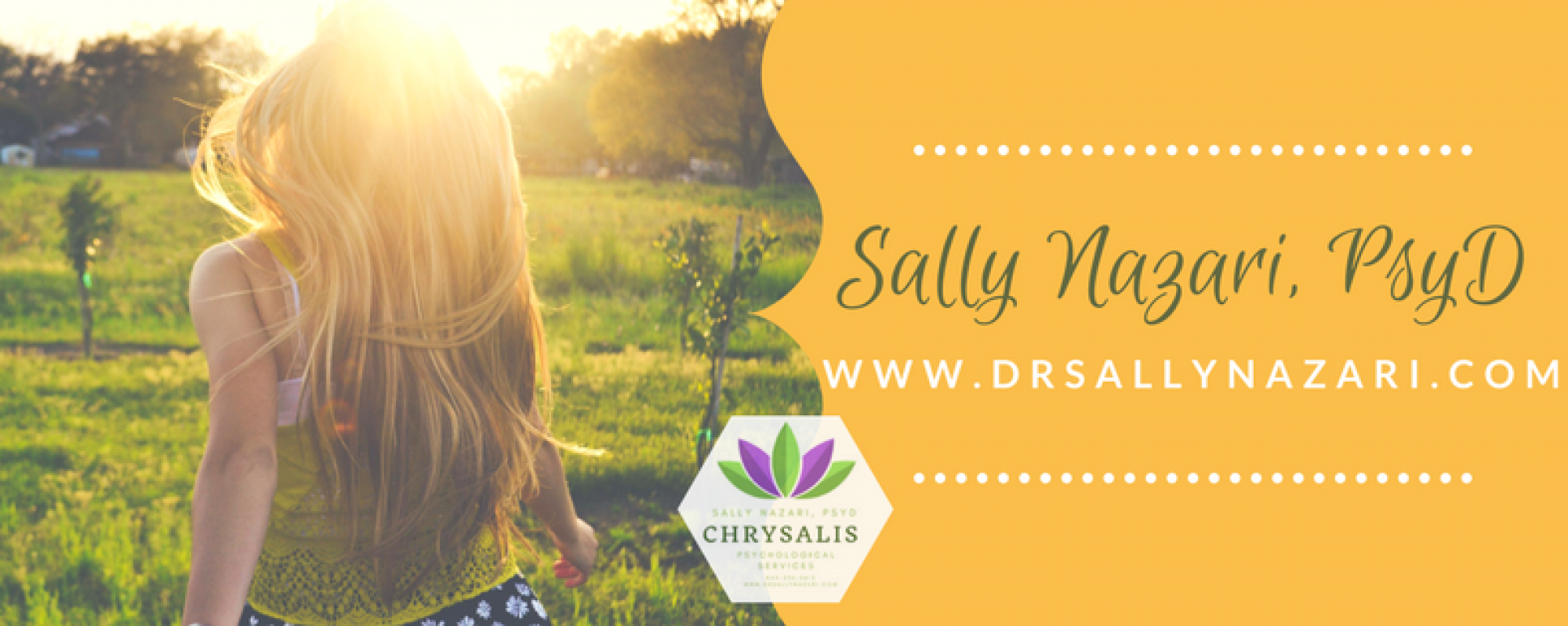Have you thought about what your Iife depends on? Or have you thought about the things that you do on a day to day basis that keep you going and preserve your safety? How about any situations you might have been in where you have thwarted danger?
If you’re asking yourself these questions and reflecting on the answers, you might have noticed that you have a set of default and automatic things that you say to yourself. You might also have a pattern of criticizing yourself or thinking that you can’t handle what comes next or that you’re just not good enough to get through. You might find it hard to focus or feel like you’re being judged.
It can be overwhelming and we might find ourselves shutting down even further.
There is a more effective way for us to find clarity so that we can maneuver difficult situations in a way that’s helpful to us. With the confidence and clarity to navigate terrifying situations, we give ourselves permission to show up and shine in our lives!
I share openly in my Mindfulness groups that I believe Mindfulness can change the world. Now I can say very frankly that Mindfulness can save our lives. I’d like to share an example of how this played out for me recently.
Of course, Mindfulness has physiological benefits that not only extend our lives but that also improve the quality of our lives. Yet, there is a more immediate impact that refers to a way that use of a variety of Mindfulness skills can help us escape terrifying and even, in the case of my example, potentially life-threatening situations in that moment it’s happening.
Recently, I attended a training in Fort Lauderdale. As a lover of the water, I was happily practicing Mindfulness skills while enjoying my time in the beautiful, calm, and warm waters along with several other trainees on the evening of the first day.
We noticed the water begin to move very differently along with a very distinct shape appear next to me just a few feet away. The thoughts running through my mind were that there is no way it could be possible for a shark to to be so close to me in water that is less than four or five feet deep.
Yet, my Mindful observation clearly depicted the one, along with the shift in the movement of the water.
I quickly removed my awareness from the judgments in my thoughts and looked to observe again. It was unmistakable – both the shark fin and body as well as the flow of the water with such a buoyant creature so close by.
In the next second, I observed where the water was easier to move through. Now drawing upon Mindful movement skills, I quickly and deliberately led the group of us laterally away from the shark before we began to Mindfully wade our way back to the shore.
In doing so, we struggled a bit and one of the other trainees began falling. Our Mindful focus helped us to keep taking steps forward while the LovingKindness mindset of Mindfulness allowed me to reach out to help steady the falling member.
When we finally reached the shore safely, we started to feel the full scope of what a potentially terrible situation we had just escaped. Rather than panicking, we reached for our Mindfulness of feelings skills and began notifying other beachgoers calmly.
Several commented that our calm approach helped ward off their panic and help others take responsive and effective actions. We also notified the property staff so additional safeguards could be taken.
Once all the appropriate actions had been taken, I spent a bit of time reflecting on what had happened:
+I realized that I had made use of the Wise Mind, where an integration of both Reasonable and Emotional Mind informed my interpretation of the situation and the actions we took
+I knew that a reaction embedded in the Emotional Mind, while understandable could have put me in greater jeopardy
+I also knew that everyone’s safety was of paramount importance, a mindset that has been nurtured with the compassionate Mindfulness practices of nonjudgment and LovingKindness.
+I also remembered both my initial wave of shock and panic along with the exhaustion in my legs as we were working our way back to shore and knew that my practices of Mindfully noticing my experience without judgment and coming back to the present helped me, rather than getting stuck in them and struggling more, to instead choose with awareness a set of actions and responses that would best serve me in this moment.
THIS is the essential benefit of Mindfulness of our lives.
Luckily, I was not harmed – nor was anyone else – and I am grateful for that. I am also grateful for the reminder of the value of Mindfulness in my life.
Each of the skills I drew upon are ones I teach and practice in my Mindfulness Matters group. I even shared this story in our final session of the most recent round of the group and am looking forward to sharing it in the upcoming cycle of the group beginning in just a few weeks. Of course, my hope is that no one is in such a jarring situation but that they have the skills to take the kinds of actions that will best serve their lives no matter what kind of shocking, scary, or upsetting situation they are in.
If you are curious about what skills you can learn to help you keep moving toward what you want to celebrate in your life, hit reply and let me know! Or click on the button below to learn more about it.
Curious what I can offer you to help build the life you love? Get in touch!
Get access to more valuable content weekly here!




